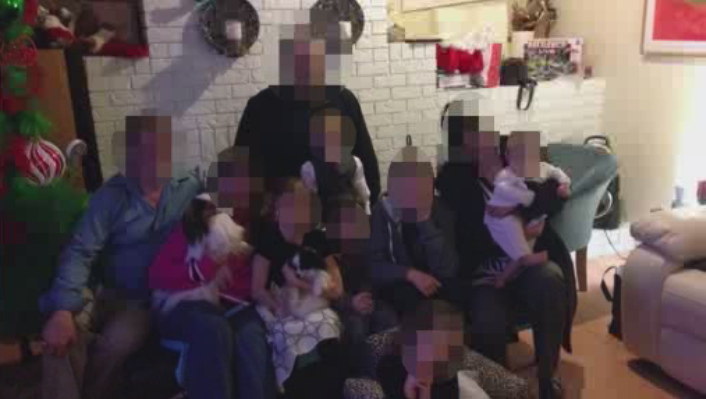VANCOUVER – The provincial government is asking the B.C. Court of Appeal to dismiss a civil action against it in the case of a father who was allowed to have unsupervised visits with his youngest child even after a B.C. Supreme Court justice found he had abused his older children.

The Ministry of Children and Family Development says it would alternately ask for a dismissal of claims of misfeasance in public office and breach of fiduciary duty, and asks the appeal court to set aside special costs awarded to the children’s mother.
The province argues that B.C. Supreme Court Justice Paul Walker “ignored the relevant evidence” in the 2015 civil action.
Walker had ruled the ministry’s social workers were negligent when they removed the children from the care of their mother — referred to only as J.P. — and permitted unsupervised access with their father, B.G., and supported his custody application.
The case originated in 2009 divorce proceedings between the couple. Calling it a “high-conflict matrimonial case,” Walker concluded in 2012 that the father had sexually and physically abused his three older children.

Get breaking National news
In the 2015 decision, Walker also found the father sexually abused his youngest child, who was 14 months old when the allegations were made.
However, the Vancouver police department determined in February 2010 that there was no evidence to support criminal charges against the father, who argued the mother was mentally unstable.
- Torrential rain shuts and washes out highways in B.C.’s north coast
- Haircut, hornet and luggage woes triggered B.C.’s most unusual 911 calls in 2025
- Heavy rainfall warning for B.C.’s north coast with up to 200 millimetres expected
- Wrong hospital patient transported to Surrey, B.C. home following discharge
The appeal from the province contends Walker ignored evidence showing social workers were focused on the best interest of the children.
It notes the government witnesses included eight social workers, three lawyers who acted as counsel for the government and a detective who led the criminal investigation.
“These witnesses gave consistent evidence as to the child protection concerns that were at the forefront of all steps taken in respect of the infant plaintiffs,” it says.
The province argues that when Walker ruled the social workers breached a court order by allowing the visits with the father, he overlooked relevant history in the case.
“At all relevant times, the evidence available to social workers indicated that B.G. could provide safe care with parenting coaching, and that J.P. required psychiatric intervention before the children should be returned to her,” says the appeal.
Jack Hittrich, the mother’s lawyer, says the government’s appeal ignores the sexual-abuse findings.
“They (social workers) explicitly worked on behalf of B.G. … they specifically did everything to work against the best interests of the children and obviously endangered the children by allowing unsupervised access,” he says.
“To allege that they did not support the custodial interests of B.G. and that they preferred that the children reside with a parent who quote, ‘would provide safe care,’ is an absurd statement. I mean it is just astounding for the province to make such an allegation.”
A government spokesman says in an email that Walker’s decision raises important issues about child-protection practices, for which government is seeking clarity in the courts.
“Social workers perform important responsibilities in often difficult circumstances,” says the spokesman. “The finding that social workers in this case acted in bad faith has serious consequences for individual employees and others who perform the crucial public function of child protection.”







Comments